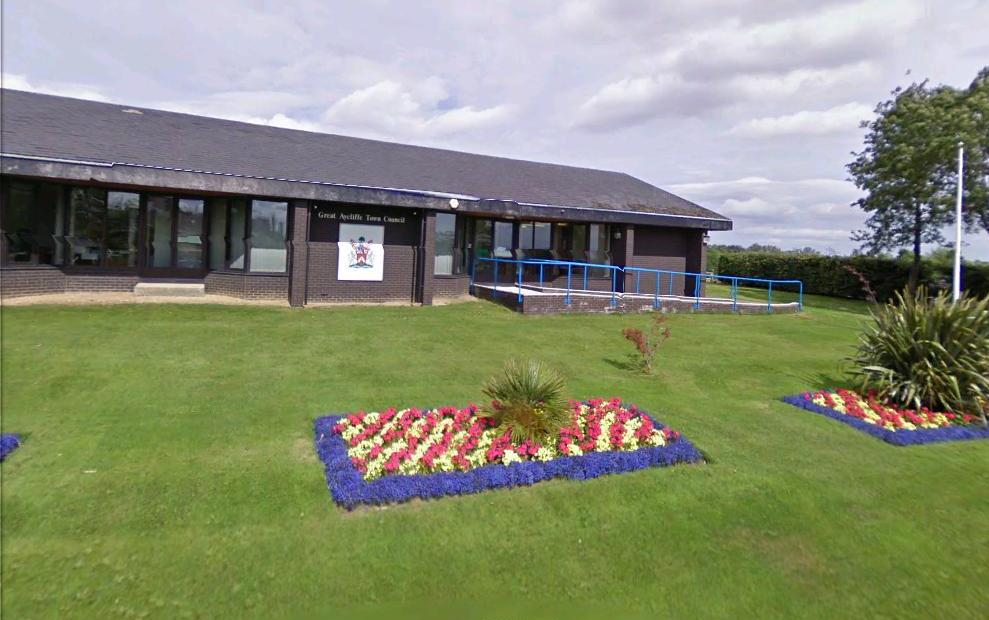Few people who voted for the Tories and Lib Dems in 2010 can have had any idea how radical this government would turn out to be. The Welfare Reform Act of 2012 has ushered in a devastating series of measures – of which universal credit, the benefit cap, job-seeker sanctions, ATOS disability assessments and the ‘bedroom tax’ are only the most high-profile.
The Contributory Principle
The Tories and Lib Dems have changed the underlying principle on which our society is based. Newton Aycliffe is famous as the town which embodied Beveridge’s post-war ‘Welfare State’, and we have lived ever since under the protection of a regime which accepted in principle the old socialist adage: ‘from each according to their ability, to each according to their need’.
The ‘Welfare State’ – at least in those terms – is now dead and gone. A structure of benefits and protections remains in place, but the underlying principle has changed and we live now under the canon of: ‘to each according to their contribution’. It is deemed ‘fairer’, and it plays well with many people. So if you wanted a world where benefits were cut until they were inadequate to live on, where disabled people were mercilessly reassessed, where unemployed people were proactively sanctioned, and where some people on benefits were harried out of their homes… you’ve got what you wanted!
Of course, these changes affect some parts of the country more than others, depending on the level of local deprivation. Researchers estimate that the County Durham economy stands to lose £188million a year because of the welfare changes – a cut equivalent to £565 per working-age adult. The national average cut is £470 per adult. The south-east is generally less-affected.
Cuts to Councils
What has been happening to individuals, of course, has been mirrored in the government’s treatment of councils. The government has also been changing the principle by which it allocates funding to local councils – away from the old Rate Support Grant (which distributed support according to deprivation), giving them instead half of the Business Rate. This, of course, is very good news for the City of London. It is not such good news for County Durham, where the economy is relatively weak, but cuts to government grants will reduce the County Council’s income by £222million by 2018.
The result is that – at the very time our most needy and vulnerable people are being hit by welfare cuts – the power of the Council to step in and compensate has been removed. Durham County Council is barely half-way through the process and, as the financial noose tightens, we face eye-watering cuts to front-line services. People are, understandably, angry about changes to street-lights and garden waste collections; yet the County Council still has £100million more to cut from its expenditure.
What can we do?
These changes are being imposed by the Tories and Lib Dems on ideological grounds, and they are coming whether we like them or not. And while I am confident that Aycliffe people will vote for a Labour MEP in 2014 and a Labour MP in 2015, the colour of our government in the future will depend on how people vote elsewhere.
So what can we do, as a community of people upon whom these changes are being imposed?
1. Budget-setting
On 23 November, if you go to the Participatory Budget event in the Youth Centre (11am till 3pm), you will be asked to take part in a ‘Monopoly-board’ exercise where you can have your say on where the cuts should fall.
Taking part in this exercise is the first thing we can do. Indeed, I cannot stress how important it is that people take time out to attend and undertake this exercise, because – as it struggles to balance the budget over the next 5 years – the County Council will make its cuts in those areas you have indicated are least unacceptable. We cannot stop the cuts, but we can protect certain areas – at, of course, the expense of others. If you do not have your say, you may find that cuts are happening to which you have not given your consent.
2. Business
The second thing we must do, as a community, is embrace economic growth. Changes to benefits and council funding – with the multiplier effect – will strip perhaps 10% a year out of the County Durham economy … money that would have been spent on food, and wages, and clothes, and a myriad of other things on which the business life of our county depends. Hitachi offers us a wonderful opportunity for growth, but Hitachi alone will not even begin to compensate. We need to become a community geared for growth, where our planning regime attracts businesses, where our schools equip students for the world of industry, and where our town buzzes with entrepreneurial energy. If you attend on 23 November, please do not vote to cut the Regeneration budget, because without economic growth our society cannot survive … not in the present climate.
3. Charity
And the third thing we will have to do is to grow in charity. Because the Tories and Lib Dems have got it wrong. You cannot force everybody into work when there are eight times as many applicants as vacancies. You cannot fine people into smaller homes where there are no properties with fewer bedrooms. And simply declaring people fit for work does not allow a disabled or ill person to get a job. A ‘welfare’ system governed by the contributory principle is no welfare at all, because it ignores the simple fact that some people cannot, or have never had the opportunity to, ‘contribute’.
So, in our merciless new world, society has to step in where government has withdrawn; which is why I welcome my wife’s decision, as this year’s Mayor, to support the foodbank at St Clare’s.
John D Clare







